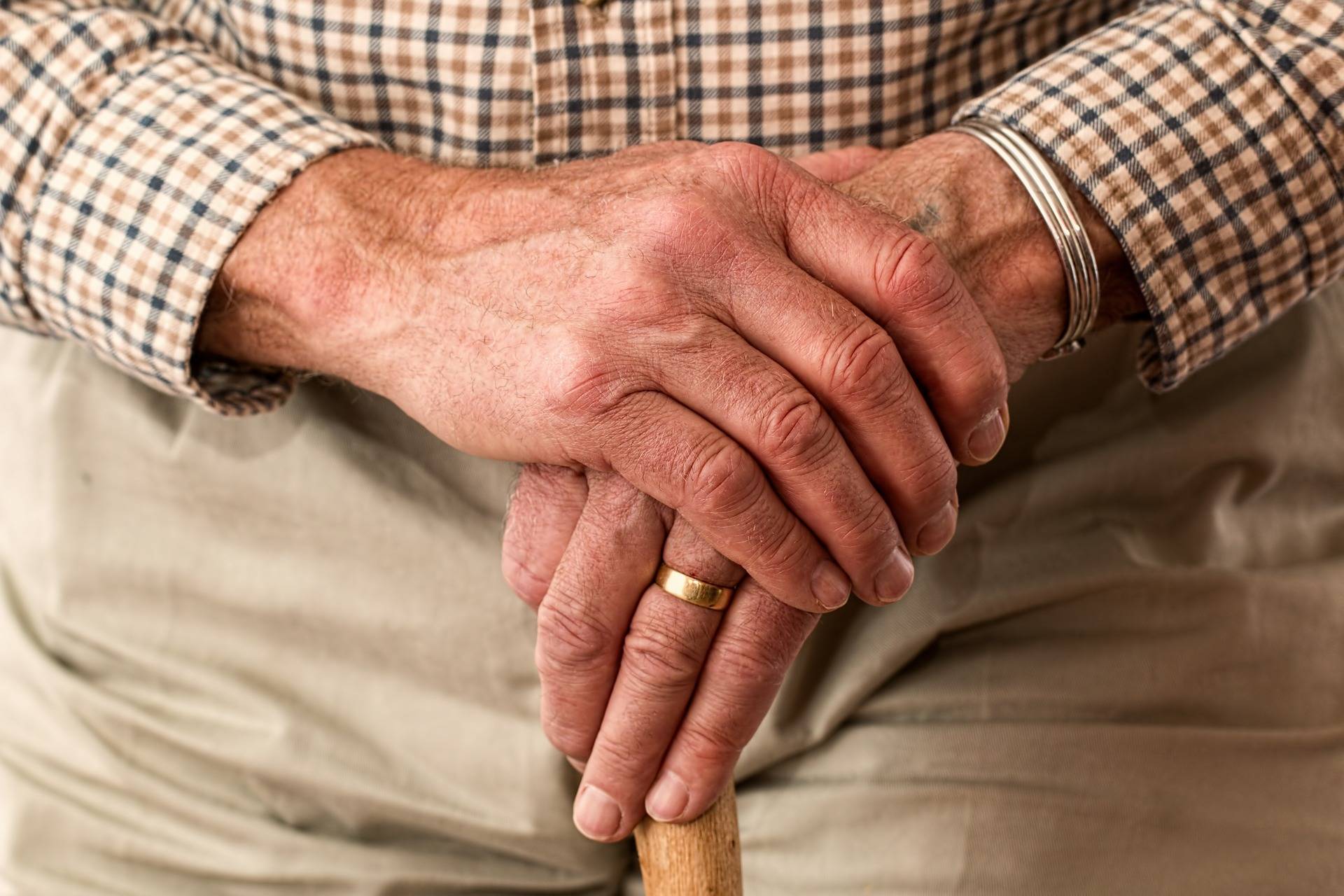The elderly can be easy targets for financial and physical exploitation, and the Department of Social and Health Services reports a sharp increase in adult abuse across the state.
Orcas Senior Center Executive Director Sara Boyle says the islands are not immune.
“Just in this last year, the reporting for seniors in regards to domestic violence is higher in San Juan County,” Boyle said, referencing a 2018 community needs assessment by the Opportunity Council.
Financial exploitation is the most common type of adult abuse. In 2017 DSHS conducted 10,713 investigations related to financial exploitation, nearly double the number of investigations conducted in 2012. It now accounts for more than 25 percent of all inquiries.
A common scam is someone posing as a grandchild in an emergency and in immediate need of a wire transfer. However, theft can also be carried out by family members or friends. Signs of financial abuse include adding additional names on bank signature cards; unauthorized withdrawal of funds using an ATM card; abrupt changes in a will or other financial document; unexplained disappearance of funds or valuable possessions; bills unpaid despite having sufficient funds; forging a signature on financial transactions or for the titles of possessions; sudden appearance of previously uninvolved relatives claiming rights to a vulnerable adult’s possessions; or unexplained sudden transfer of assets to a family member or someone outside the family.
Signs of physical and emotional abuse are suspicious or unexplained bruises, sores or weight loss; a sudden change in personality; neglect of hygiene, clothing, home, medicine or food; personal belongings going missing; verbal aggression; no longer attending social functions or regular activities; and losing contact with family and friends.
According to DSHS, even with thousands of cases of adult abuse in a year, many others go unreported. Representatives believe the increase in investigations reflects improved public awareness and a senior population that continues to be on the rise.
San Juan County Senior Criminal Deputy Prosecuting Attorney Teresa Barnett said the most recent local case of elder abuse involved a King County bookkeeper named Angela Kramer who befriended Mr. Smith, the elderly father of a man she was dating.
Smith was placed into a senior home on San Juan Island, and Kramer, who managed the financial accounts for both father and son, made frequent visits to the care facility. She admitted to stealing from Smith, who was mentally incapacitated, by using his credit cards and paying them off with his money. It was later discovered she also embezzled from his son. Kramer pleaded guilty to two counts of theft in the first degree and two counts of identity theft in the second degree and was sentenced to nine months in King County Jail in early 2017. She was ordered to pay a total restitution of $195,000.
The prosecutor’s office sees quite a few cases of theft – such as children or grandkids who use credit cards to rack up thousands of dollars in purchases – but unless the victim is considered “vulnerable,” it’s not classified as elder abuse. In addition, many victims decline to make a formal complaint after they realize that criminal charges could be brought.
“I don’t think that is not happening, I just don’t think it’s getting reported,” Barnett said. “We get plenty of thefts from employers and family members but it’s not necessarily considered elder abuse (even if the victim is a senior citizen). And we haven’t received any report of physical elder abuse.”
The San Juan County Prosecutor’s Office offers a Victim Services Program with two full-time advocates who refer clients to programs for counseling and support and help with obtaining protective orders and compensation. To contact a victim services advocate, call 360-378-4101. There is also a 24-hour crisis line for victims of crime: 1-800-346-7555.
Anyone who suspects abuse or neglect of a vulnerable adult is encouraged to make a report at www.dshs.wa.gov/altsa/reportadultabuse or call 1-866-ENDHARM (1-866-363-4276). You can make a report 24 hours a day, seven days a week, and Adult Protective Services will contact you the next business day. All reports are confidential.
The Orcas Senior Center currently has an outreach program called Hearts and Hands, which recruits, trains and matches volunteers with elderly, ill or disabled adults in the community to assist them in maintaining independence and improved quality of life. Volunteers make visits to provide companionship; assistance with light chores in house and yard, errands; and opportunities for socialization. Abuse is less likely to occur by decreasing isolation and increasing community connections. Hearts and Hands is recruiting additional volunteers in an effort to respond to increased requests; contact Tom Eversole at 360-370-0562.
Boyle said elder abuse has not been identified as a high need for offerings at the senior center but with recent news of it increasing, it will now be made more of a priority.
“Our executive committee has discussed how we could work awareness of elder abuse into our support groups,” she said.




